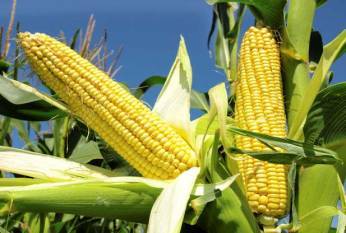Context: The UP government highlighted that many progressive farmers have transitioned to maize cultivation due to its economic viability, low water requirements, and high nutritional value.
More on News:
- The UP government has announced a Minimum Support Price (MSP) of ₹2,225 per quintal for maize.
- The state government aims to double maize production in Uttar Pradesh by the year 2027.
- The government is raising awareness, providing technical support, and ensuring fair prices for farmers through the MSP.
- It is rich in carbohydrates, proteins, vitamins, and minerals, rightly known as the “Queen of Grains.”
- Tamil Nadu leads the country with an average maize yield of 59.39 quintals per hectare, while the national average is 26 quintals.
- Uttar Pradesh recorded an average yield of 21.63 quintals in 2021–22, highlighting significant potential for improvement.
About Maize Cultivation:
- It is best suited to well drained sandy loam to silty loamy soils.
- Water stagnation is harmful to the crop, therefore, proper drainage is a must for success of the crop especially during kharif season.
- The alluvial soils are very suitable for growing maize crop.
- Kharif season is main growing season in northern India.
- In the south, however maize is sown any time from April to October.
- The most suitable temperature for germination is 210C and for growth 320C.
- Region-wise Sowing Time:
- North-western hills: April to early May
- North-eastern hills: April–May
- Peninsular region: May–June
- Indo-Gangetic plains: June–July
- This ensures early growth before heavy rains.
- A good crop of maize require about 500-600 mm of water during its life cycle.

